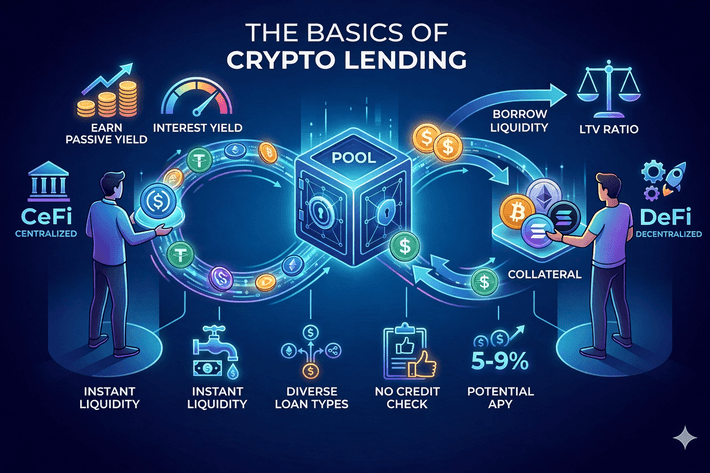How Old Do You Have to Be to Open a Bank Account?
Teenagers and younger children might want their own bank account to save pocket money. Many parents want to open bank accounts for their kids, either to keep track of their disposable income, or put money away for their future, so you may be wondering when that becomes possible.
Generally speaking, people become eligible to open their own bank accounts once they turn 18. However, there are some exceptions to this rule:
- Legal Emancipation: Children can become legally emancipated from their guardians, granting them the right to open bank accounts (among others) despite being minors. However, the requirements for this process are strict and vary by state.
- Custodian Accounts: Children can have accounts in their name, but no access to the funds inside. They gain the right to use the money in a custodial account once they reach a certain age. Until then, the account’s custodian is in control and can spend the money so long as it’s in the child’s interests.
- Joint Accounts: Children can co-sign to open an account with their legal guardian and access the funds under the guardian’s supervision.
Bank Accounts for Minors
You may be wondering whether it’s a good idea to open a savings account for your child. Of course, a savings account can help you put money away for your child’s future, but that’s not its only benefit.
A child’s bank account can also help your child learn about the value of money and the importance of saving it. The banking apps available for children today provide lots of great information that can assist your child on their financial journey.
For example, you can use an app to set up savings targets, track how much has been saved, and how far away they are from their goal.
Apps like these also teach children about budgeting by implementing spending limits. These limits are based on several factors, one of which is age.
Handy in-app visualizations (e.g., saved vs. spent pie charts), encouragement for consistency and dedication, and other elements of online banking can prepare your child for a financially independent future.
When you consider that finance-related matters are not taught in schools today, it is not difficult to see why you need to take matters into your own hands. If your children don’t learn how to track their spending, save, and manage their finances in general, their adulthood will be that much more stressful.
Opening a Bank Account For a Minor
Children can't open a bank account in their own name. However, a guardian or parent can open the account as a joint owner with the minor.
The required steps for opening an account for your child depend on the financial organization you choose. However, some conditions are universal, and we will talk you through them below:
- Select the account type: The first thing to decide is whether you want to open a savings account or checking account for your child.
- Submit an application: Once you have looked through the different account options and read their terms, it is time to apply. The vast majority of banks today have an online application process, meaning it should only take you around 15 minutes to open a bank account for your child.
- Fund the account: Next, you will typically need to make a deposit. The good news is that it doesn’t have to be a lot of money. In fact, many banks only require a $1 deposit to get started.
- Get a debit card: A debit card will typically take between five and 10 business days to arrive in the post. In most cases, both you and your child will receive a debit card. If this is the case, you should be able to control your child’s debit card to make sure they do not spend all of the money in the account.
Further Reading
Necessary Information
As mentioned, opening a bank account today is incredibly convenient, and the application process is often completed online. However, for things to go smoothly, you’ll need to provide the following information to any institution:
- Legal guardian’s valid government ID
- Legal guardian’s Social Security number
- The child’s SSN
- Dates of birth for the child and the guardian
- Home address
- Legal guardian’s name
- The child’s name
Albert Einstein is said to have identified compound interest as mankind’s greatest invention. That story’s probably apocryphal, but it conveys a deep truth about the power of fiscal policy to change the world along with our daily lives. Civilization became possible only when Sumerians of the Bronze Age invented money. Today, economic issues influence every aspect of daily life. My job at Fortunly is an opportunity to analyze government policies and banking practices, sharing the results of my research in articles that can help you make better, smarter decisions for yourself and your family.





